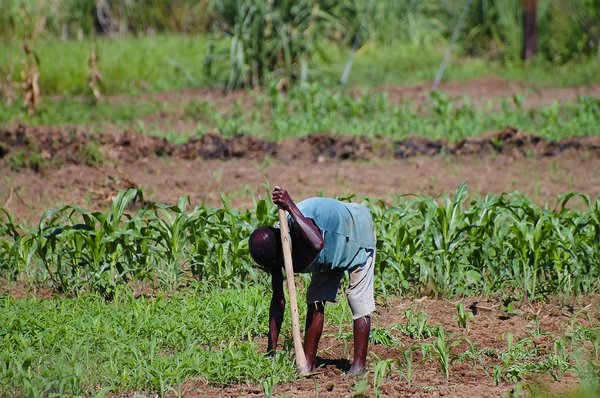 Read this article in French
Read this article in French- Share this article
- Subscribe to our newsletter
Smallholders to gain better access to fertiliser
Access to finance will be through capital investment and policy reforms. Technical assistance will also be provided to improve smallholder farmers' access to and appropriate use of fertiliser.
Up to the end of 2022, trade credit guarantees totalling $8.8 million provided 5.3 times leverage, enabling the provision of 112,268 tonnes of fertiliser to 690,896 smallholder farmers in the four countries. Under these projects, 97 small and medium enterprises gained access to finance, and 138 companies, including fertiliser suppliers, hub-agro dealers and aggregators, and 20,987 smallholder farmers, benefited from capacity building
To scale up its trade credit guarantee investments, the AFFM has developed a pipeline of projects for implementation in 2023. These will be rolled out in Mozambique, Zimbabwe, Uganda, Kenya and Tanzania.
Beth Dunford, African Development Bank Vice President for Agriculture, Human and Social Development, said AFFM is one of the important vehicles for achieving the Bank’s Feed Africa Strategy objectives. “It is no surprise that AFFM has been instrumental in supporting the implementation of the bank’s African Emergency Food Production Facility. I’m proud to say that the bank has mobilised our agriculture expertise to roll out facility programmes in 24 African countries.”
Ahead of the 2023 Africa Fertilizer and Soil Health Summit (AFSH), scheduled for June and July 2023 in Dakar, Senegal, Ambassador Josefa Sacko, African Union Commissioner for Agriculture, Rural Development, Blue Economy and Sustainable Environment and chair of the AFFM Governing Council, said that AFFM must be strengthened to support the implementation of decisions that would emerge from the summit. Janet Ademe, Head of Rural Development Division at the African Union Commission, spoke on Sacko’s behalf. The processes of sustainable production, distribution, use and management of fertilisers and soil health are critical for the transformation of African agriculture. All of these call for AFFM to undertake its function to avail appropriate financing instruments, which will allow the private sector to invest, and for African farmers to have access and appropriately use this important input in their continent’s agriculture.
(AfDB/pas)





Add a comment
Be the First to Comment